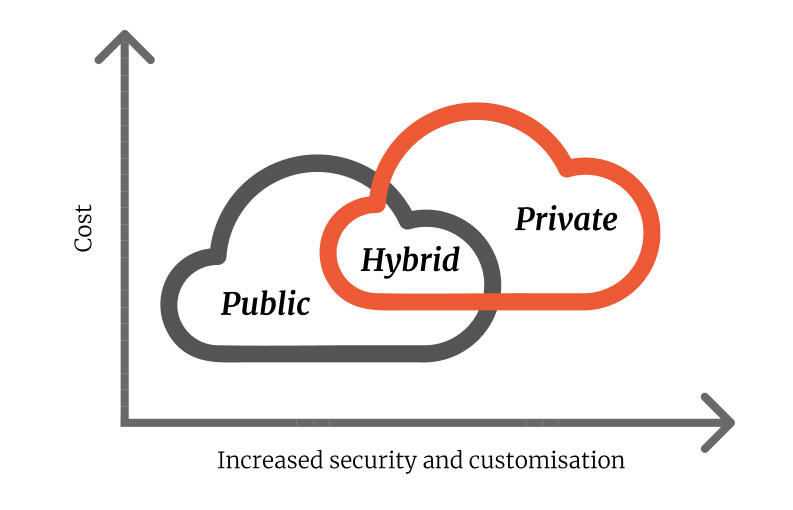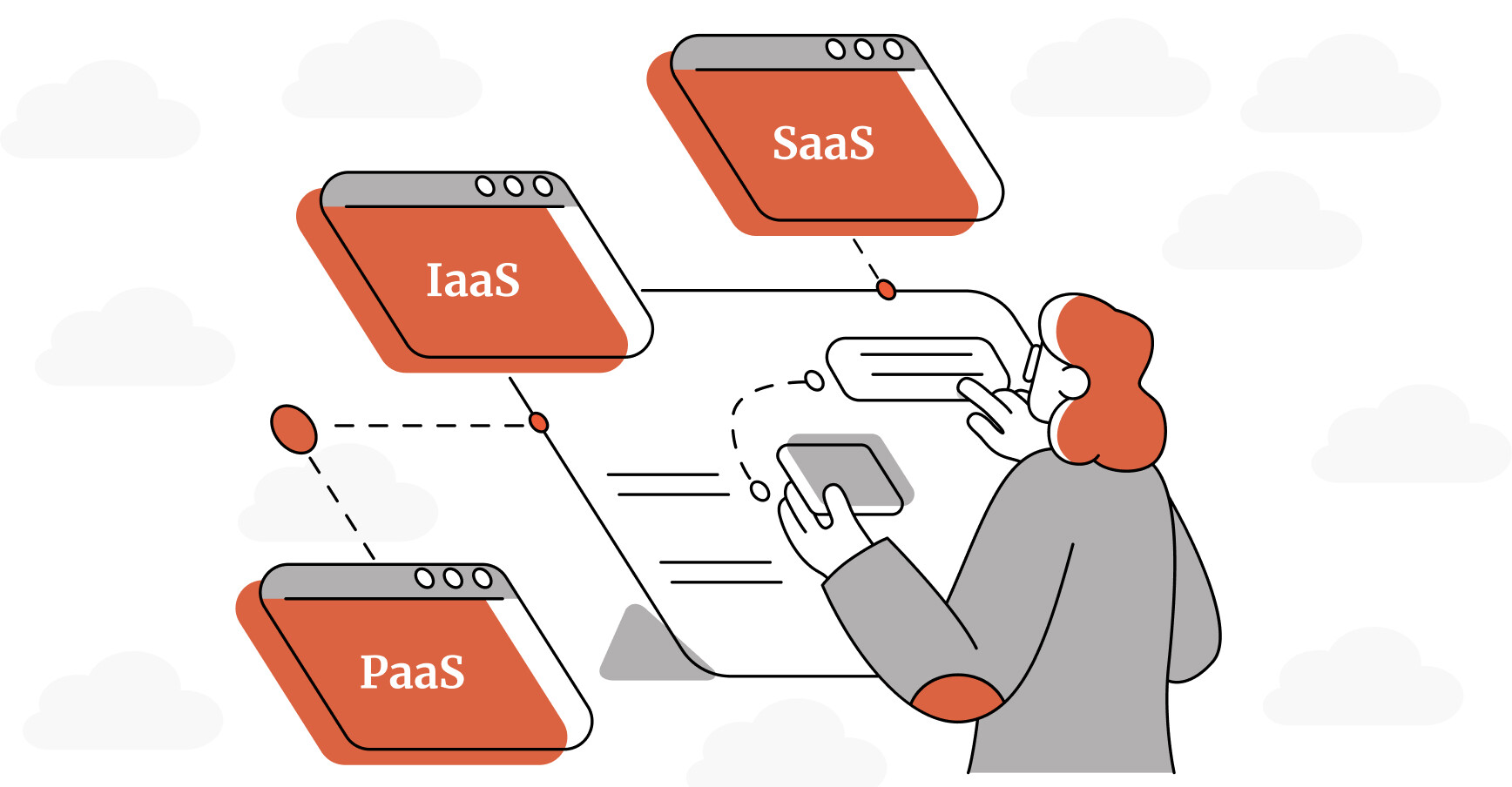TechBrain hybrid cloud
solutions
Hybrid cloud management is a complex field, and most organisations need a little assistance in choosing, migrating to and using their new cloud environment.
TechBrain can help you:
- Navigate the cloud market
- Control your cloud costs
- Migrate data, tools, apps, software and other technology
- Identify and protect against any possible security risks
- Ensure regulatory compliance
- Accelerate your business processes through hybrid cloud solutions
- Ensure your network remains secure, while still offering flexibility
- Implement hypervisor systems and virtual machines
- Assist with automation and orchestration
- Act as your go-between with cloud providers like IBM, Microsoft and others
- Untap the full power of hybrid cloud storage!
We can also offer hybrid cloud monitoring, and train you in using your hybrid cloud management platform to gain a competitive advantage.



